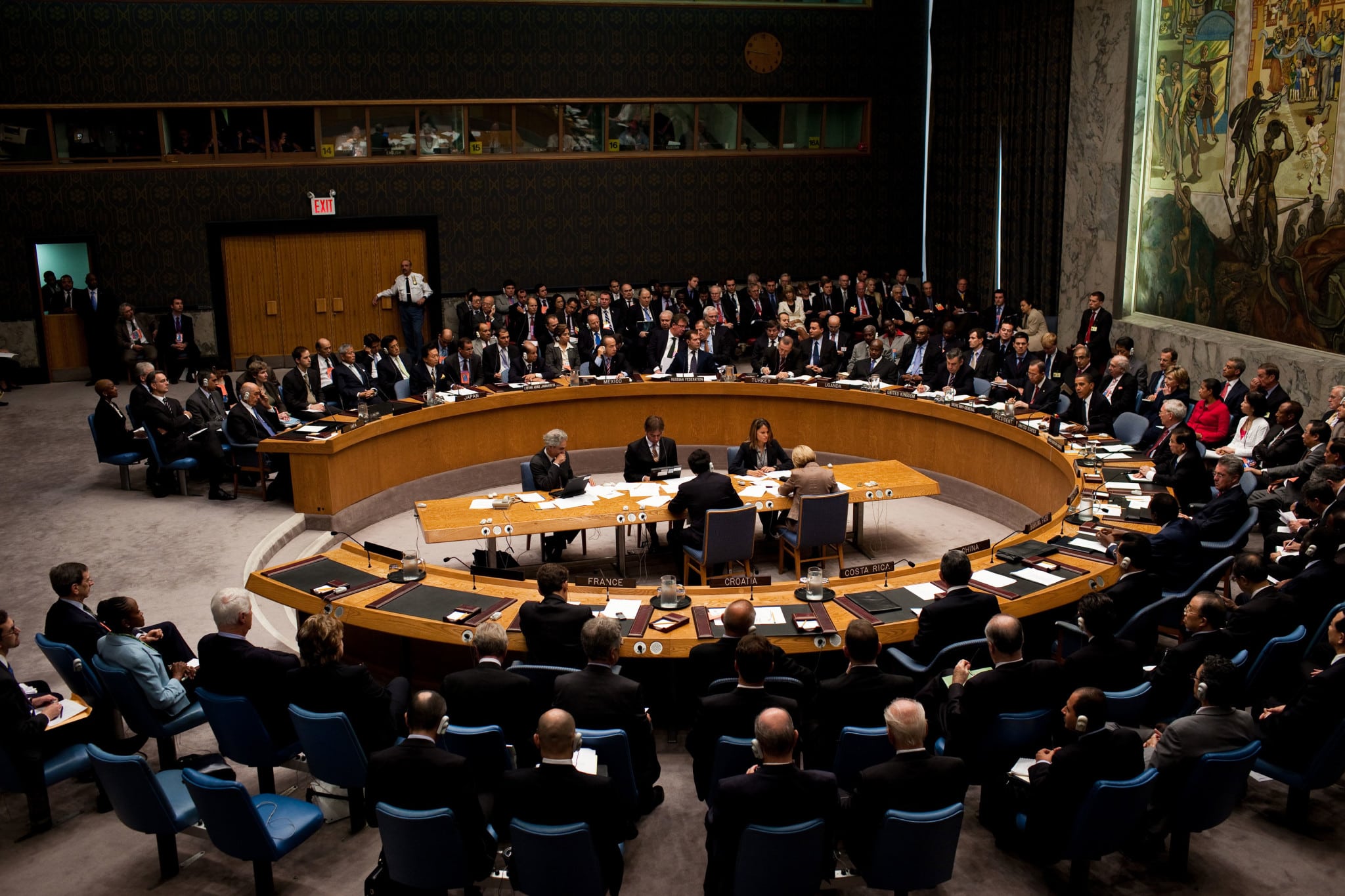
Just hours before North Korea apparently conducted its fifth underground nuclear detonation, a group of 33 GOP senators on Thursday threatened to block U.S. funding for the international organization tasked with monitoring such activity if the Obama administration…